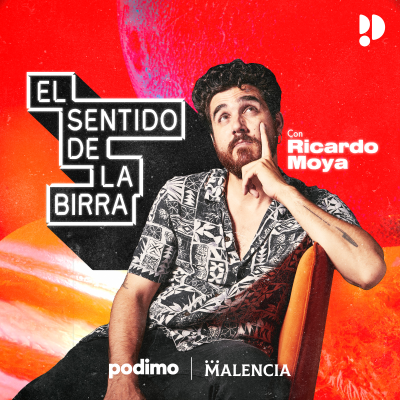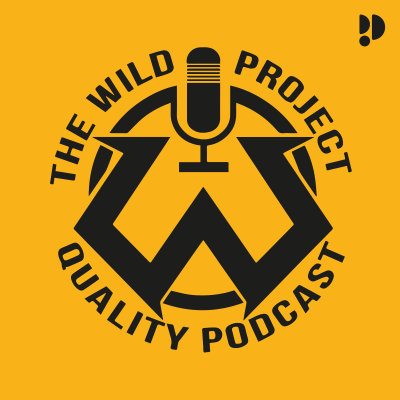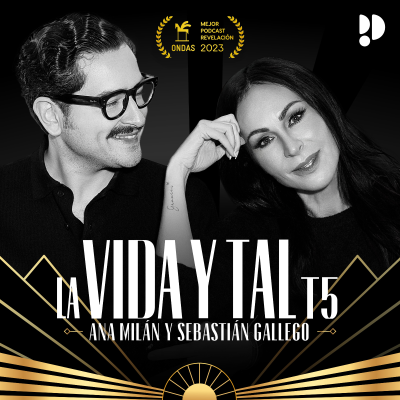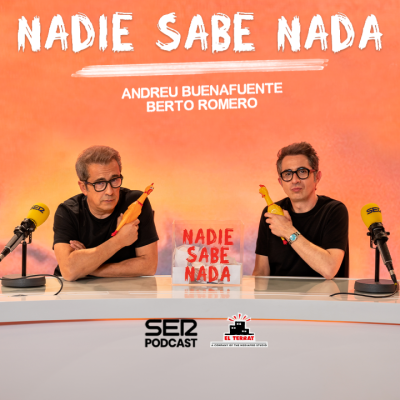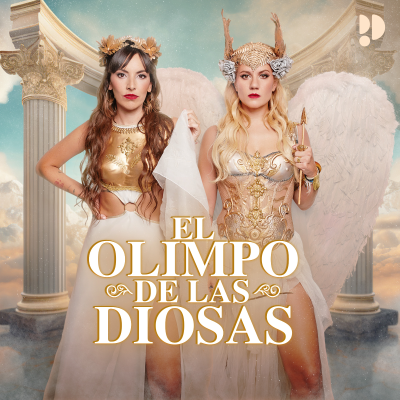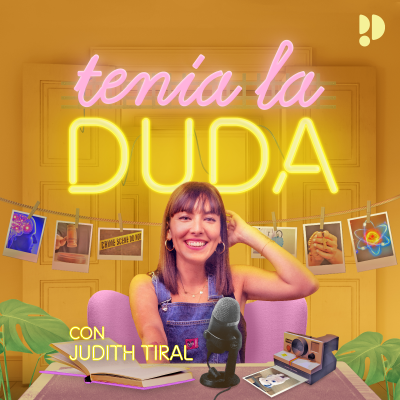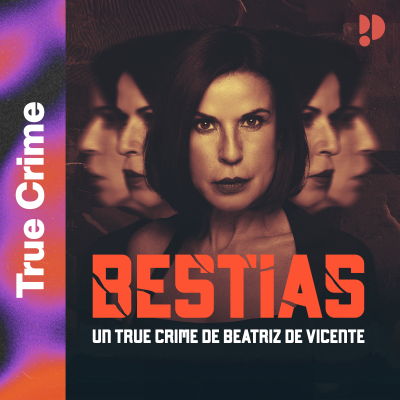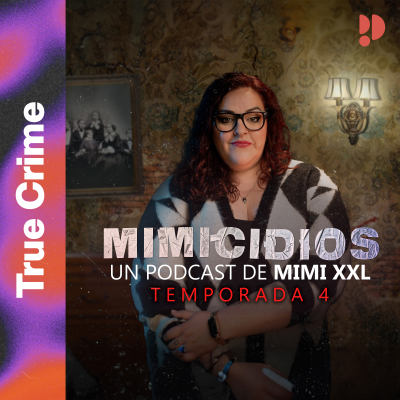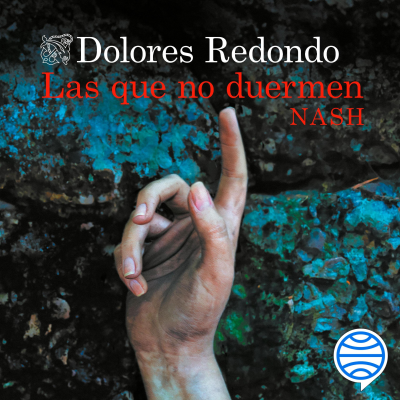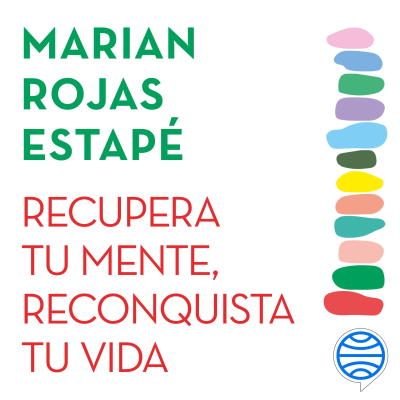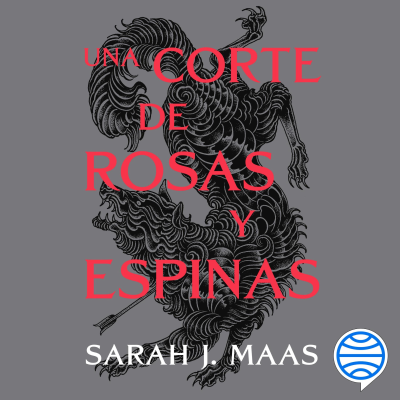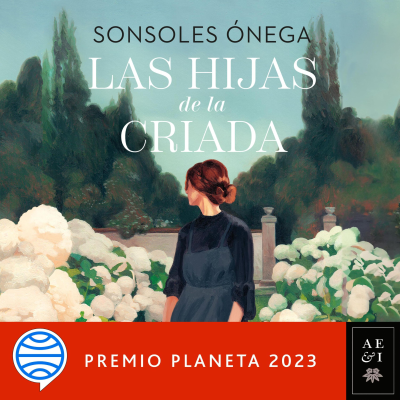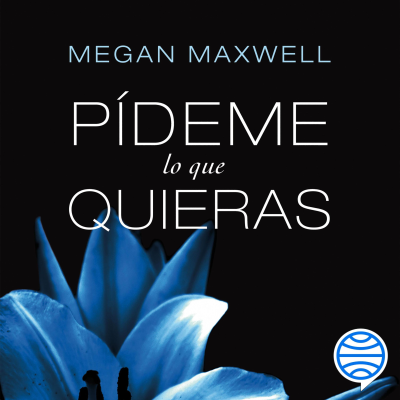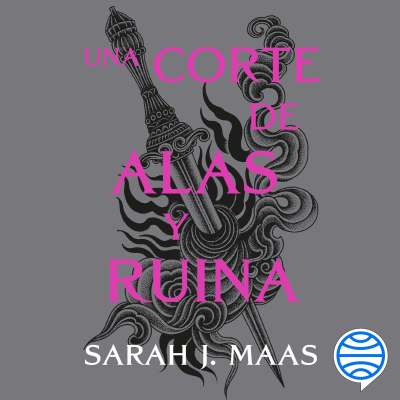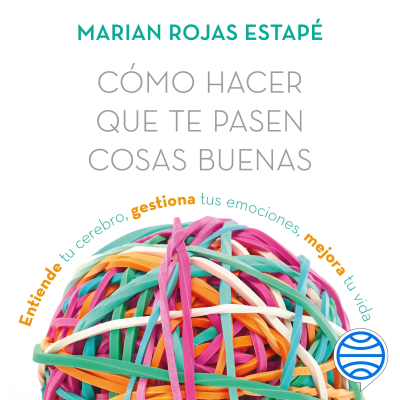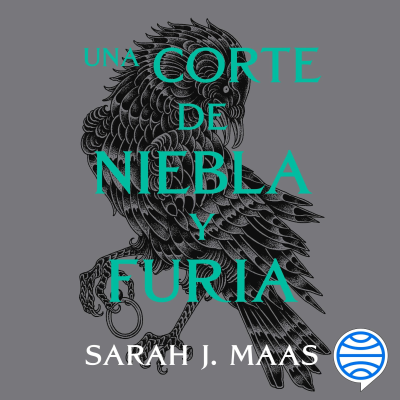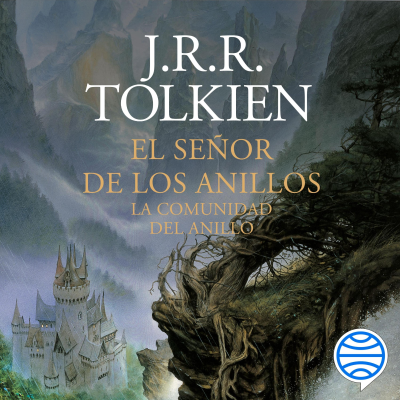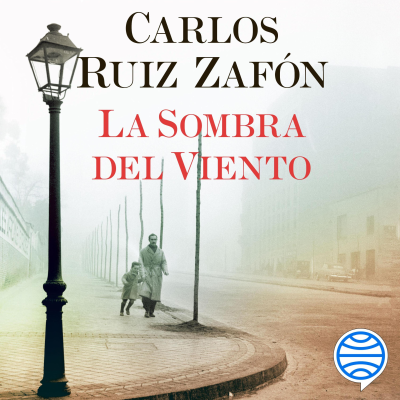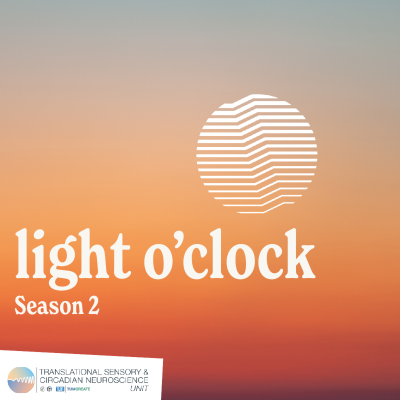
Light O'Clock
Podcast de Translational Sensory & Circadian Neuroscience Unit (MPS/TUM/TUMCREATE)
Este podcast se puede escuchar gratuitamente en todos las plataformas y en la app de Podimo sin necesidad de suscripción.
Todos los episodios
14 episodiosOn the occasion of Daylight Awareness Week 2024 [https://daylight.academy/daylight-awareness-week-2024/] (28-31 October) and Halloween, Light O’Clock is partnering up with the Daylight Academy [https://daylight.academy/about/portrait/] to bring you an extra special episode that blends the science, the spooky, and the supernatural! Our host dives into the eerie mysteries of circadian rhythms, sleep and daylight with Prof. em. Anna Wirz-Justice, a pioneer in the field of chronobiology. Tune in to learn about the witching hour, twilight, the forbidden zone, sundowning and much more! This episode is supported by the Daylight Academy. LINKS AND RESOURCES RELATED TO THE EPISODE’S CONTENT: * Daylight Academy: https://daylight.academy/ [https://daylight.academy/] * Daylight Awareness Week 2024: https://daylight.academy/daylight-awareness-week-2024/ [https://daylight.academy/daylight-awareness-week-2024/] TIMESTAMPS (00:00) Intro (02:28) Circadian forbidden zone (06:33) Sleep deprivation symptoms (08:15) Sleep deprivation as therapy (11:30) Twilight (14:30) Dusk without electric light (16:13) Sundowning (17:03) Darkness (23:10) Lack of daylight in the North (27:23) The witching hour (29:07) Light therapy (33:22) Dark therapy (38:28) Outro CONTACT For feedback and questions, you can contact us at: lightoclock@tuebingen.mpg.de [lightoclock@tuebingen.mpg.de] Follow us on social media to stay up to date with our episodes and discover related content: Twitter/X: https://x.com/lightoclock [https://x.com/lightoclock] Instagram: https://www.instagram.com/lightoclockpodcast/ [https://www.instagram.com/lightoclockpodcast/] Website: https://www.tscnlab.org/podcast [https://www.tscnlab.org/podcast]
In today’s episode, we dive deep into the relationship between light, circadian rhythms and mental health with Prof. Daniel Smith from the University of Edinburgh. What role do light sensitivity and circadian rhythms play in bipolar disorder? How can we design studies to answer key questions in this area, and how can the involvement of patients ensure the success of a research study? Tune in to get the answers to these and many other questions about light, circadian rhythms and mental health. LINKS AND RESOURCES RELATED TO THE EPISODE’S CONTENT: * The HELIOS-BD study: https://www.heliosbd.com/ [https://www.heliosbd.com/] * The AMBIENT-BD study: https://www.ambientbd.com/ [https://www.ambientbd.com/] TIMESTAMPS (00:00) Intro (01:25) Introducing Prof. Smith (02:45) Circadian rhythms and mental health (05:20) In which direction is the relationship? (07:25) The role of light (13:28) What is bipolar disorder? (16:45) Current treatment options (17:54) Bipolar disorder and light sensitivity (20:10) The HELIOS-BD study (29:08) Patient recruitment (30:58) The AMBIENT-BD study (33:40) Co-production of research studies (38:47) Outro CONTACT For feedback and questions, you can contact us at: lightoclock@tuebingen.mpg.de [lightoclock@tuebingen.mpg.de] Follow us on social media to stay up to date with our episodes and discover related content: Twitter/X: https://x.com/lightoclock [https://x.com/lightoclock] Instagram: https://www.instagram.com/lightoclockpodcast/ [https://www.instagram.com/lightoclockpodcast/] Website: https://www.tscnlab.org/podcast [https://www.tscnlab.org/podcast]
Did you know that your body has many body clocks? Like instruments in an orchestra, they each have a specific role to play, but how do they stay in rhythm with each other? In today’s episode, Dr. Laura Kervezee dives deep into the different body clocks, who is the conductor that makes our body run in harmony, and what happens when the rhythm goes out of sync. TIMESTAMPS (00:00) Intro (01:18) Introducing Dr. Kervezee (01:46) The different body clocks (03:20) How do these clocks sync? (05:00) The orchestra and the conductor (06:31) Clocks out of sync (09:18) Desynchrony in real life (10:25) Social jetlag (11:18) Health consequences (14:40) Future research: how to mitigate impact (17:30) What can you do as a shift worker? (22:25) Outro CONTACT For feedback and questions, you can contact us at: lightoclock@tuebingen.mpg.de [lightoclock@tuebingen.mpg.de] Follow us on social media to stay up to date with our episodes and discover related content: Twitter/X: https://x.com/lightoclock [https://x.com/lightoclock] Instagram: https://www.instagram.com/lightoclockpodcast/ [https://www.instagram.com/lightoclockpodcast/] Website: https://www.tscnlab.org/podcast [https://www.tscnlab.org/podcast]
Are you an early bird or a night owl? Can you choose to be an early type? In this episode, Dr. Anna M. Biller from the Technical University of Munich explains what chronotype is, how it changes throughout the lifespan, what happens when your biological clock and your social clock are out of sync, and how can you measure your type. Listen to uncover the answers to these and many other fascinating questions about chronotype. LINKS AND RESOURCES RELATED TO THE EPISODE’S CONTENT * Morningness-Eveningness Questionnaire (MEQ) [https://qxmd.com/calculate/calculator_829/morningness-eveningness-questionnaire-meq [https://qxmd.com/calculate/calculator_829/morningness-eveningness-questionnaire-meq]] * The Munich ChronoType Questionnaire (MCTQ) [https://www.thewep.org/documentations/mctq [https://www.thewep.org/documentations/mctq]] TIMESTAMPS (00:00) Intro (01:17) Introducing Dr. Biller (02:29) What is chronotype? (07:26) Biological measures of chronotype (09:34) Factors that affect chronotype (10:36) Can your chronotype change? (12:57) The biological vs the social clock (16:01) Can night owls become early birds? (18:18) School start times (20:52) Sex differences (22:38) How to know your chronotype? (29:13) Summary (30:56) Outro CONTACT For feedback and questions, you can contact us at: lightoclock@tuebingen.mpg.de [lightoclock@tuebingen.mpg.de] Follow us on social media to stay up to date with our episodes and discover related content: Twitter/X: https://x.com/lightoclock [https://x.com/lightoclock] Instagram: https://www.instagram.com/lightoclockpodcast/ [https://www.instagram.com/lightoclockpodcast/] Website: https://www.tscnlab.org/podcast [https://www.tscnlab.org/podcast]
In today’s episode, we dive deep into the relationship between circadian rhythms and the sleep-wake cycle with Dr. Renske Lok from Stanford University. Are they different or the same? What other processes in the body regulate your sleep? Can you catch-up on lost sleep? How can you even know if you are sleep-deprived and need more sleep? Tune in to get the answers to these and many other questions on sleep and circadian rhythms. LINKS AND RESOURCES RELATED TO THE EPISODE’S CONTENT * Graphic of sleep pressure (process S) and circadian rhythms (process C) [https://static.physoc.org/app/uploads/2019/03/22194528/Fig3.jpg [https://static.physoc.org/app/uploads/2019/03/22194528/Fig3.jpg]] * Further reading on the two-process model of sleep [https://www.ncbi.nlm.nih.gov/pmc/articles/PMC9540767/ [https://www.ncbi.nlm.nih.gov/pmc/articles/PMC9540767/]] * Disconnect between how sleepy people feel (subjective) and how sleepy they actually are (objective) [https://doi.org/10.2147/NSS.S312808 [https://doi.org/10.2147/NSS.S312808]] TIMESTAMPS (00:00) Intro (02:08) Introducing Dr. Lok (02:44) Circadian rhythms: from morning to night (06:37) Sleep and circadian rhythms: same or different? (08:10) The two-process model of sleep (09:08) The “forbidden” zone (10:02) Travel and jet-lag (11:35) How does sleep pressure work? (14:28) Can you catch-up on lost sleep? (17:19) How to know if you’re sleep-deprived? (20:03) Separating process S and C in the lab (26:20) Outro CONTACT For feedback and questions, you can contact us at: lightoclock@tuebingen.mpg.de [lightoclock@tuebingen.mpg.de] Follow us on social media to stay up to date with our episodes and discover related content: Twitter/X: https://x.com/lightoclock [https://x.com/lightoclock] Instagram: https://www.instagram.com/lightoclockpodcast/ [https://www.instagram.com/lightoclockpodcast/] Website: https://www.tscnlab.org/podcast [https://www.tscnlab.org/podcast]
Disponible en todas partes
¡Escucha Podimo en tu móvil, tablet, ordenador o coche!
Un universo de entretenimiento en audio
Miles de podcast y audiolibros exclusivos
Sin anuncios
No pierdas tiempo escuchando anuncios cuando escuches los contenidos de Podimo.
